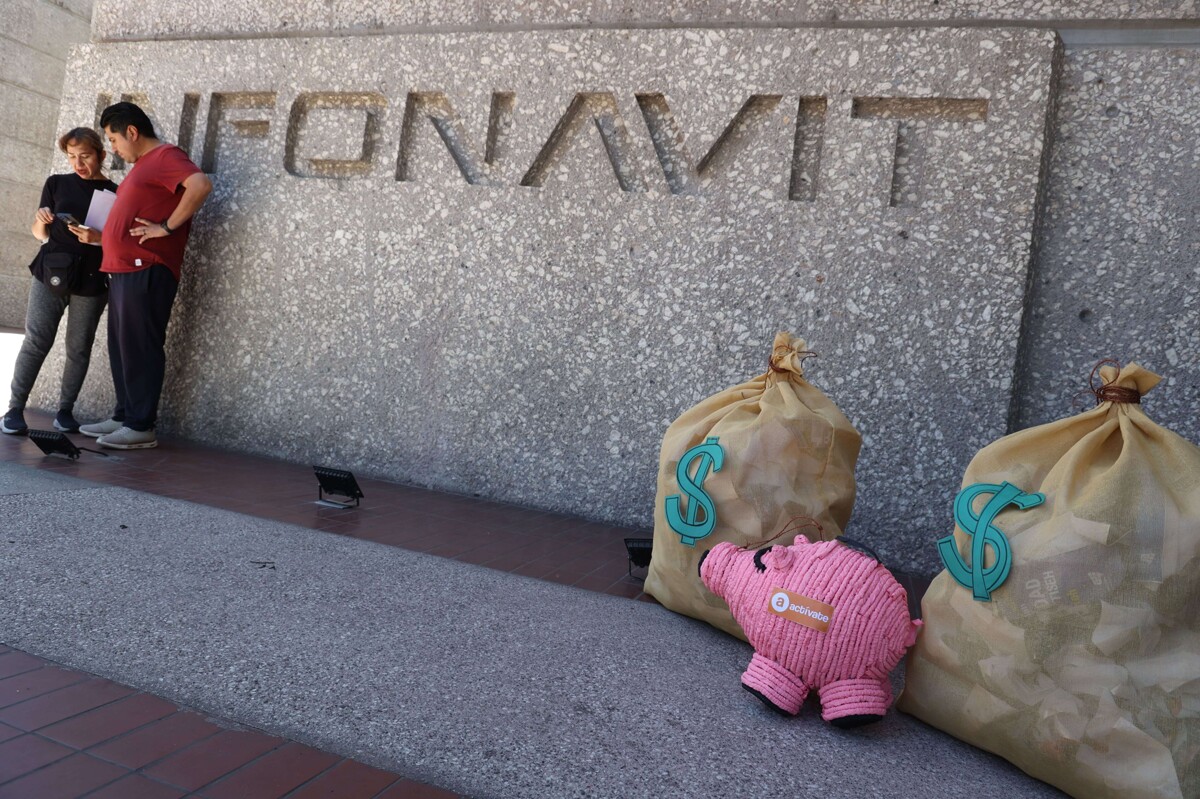
Businessmen, unions, and government representatives have reached an agreement on the reform of Infonavit, whose costs will be covered through contributions. However, the question arises whether this change will translate into real benefits for workers or whether, on the contrary, unions should challenge governmental decisions rather than support them.
An example cited by Spanish author Sergio del Molino highlights the importance of questioning certain alliances in favor of democracy, such as the break between the PSOE and the Spanish General Union of Workers, which marked a milestone in Spain's democratic transition. Del Molino emphasizes that the perpetuation of certain alliances can hinder the advancement of democracy.
The reform of Infonavit, which aims to construct half a million housing units under the government of Claudia Sheinbaum, raises doubts about whether this project genuinely focuses on protecting the interests of workers. Despite negotiations between unions, businessmen, and the Government, concerns persist regarding the suitability of the housing to be built and whether it will meet the needs of workers.
The co-optation of unions and guilds by Morena has generated criticism from the opposition, which denounces an alleged misappropriation of Infonavit funds belonging to the workers. The Government has responded by mentioning cases of prior corruption in the administration of that institute, aiming to support the need to carry out the reform.
Despite the tensions and criticisms surrounding the reform of Infonavit, it has been announced that the tripartite scheme will be maintained without substantial modifications. The negotiation between labor, business, and government representatives has resulted in an agreement that, it is claimed, will satisfy all parties involved. However, critical voices persist questioning whether this reform will truly benefit workers, or if the interests of political and business actors will prevail.














